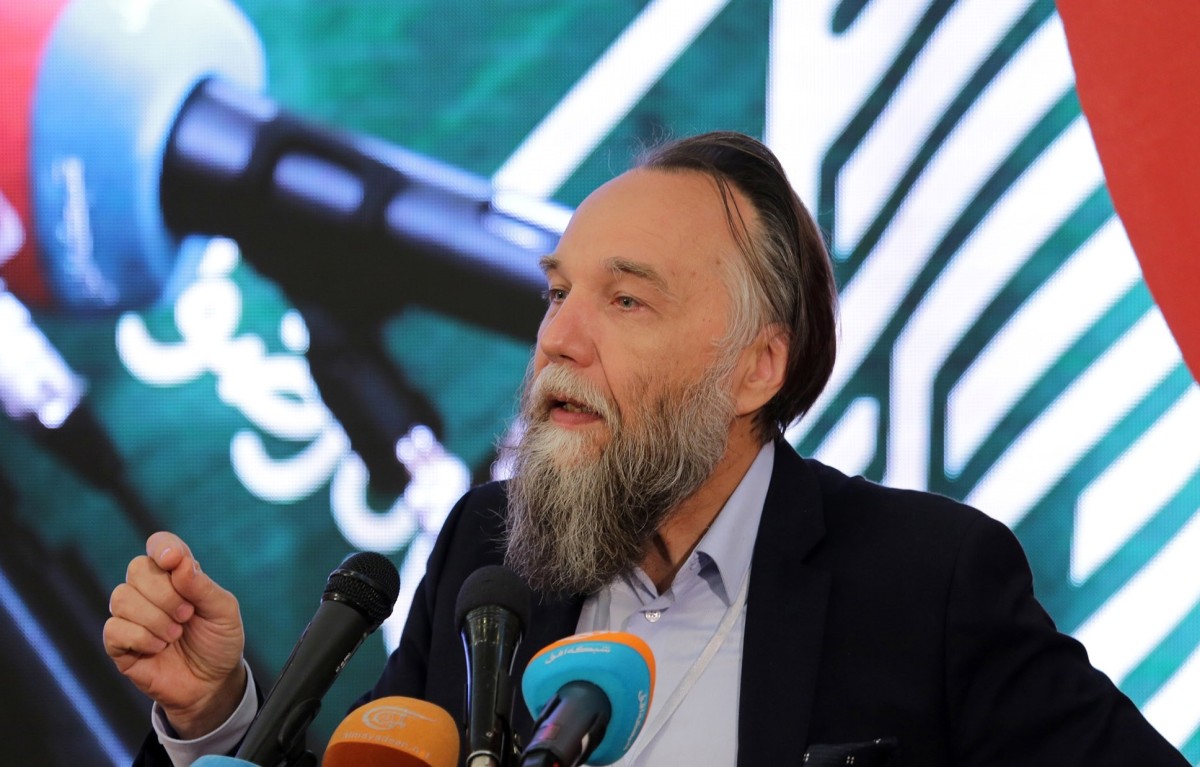In British reporter Chris Ayres’s memoir War Reporting for Cowards, he describes the arrival briefing he got from the woman he was replacing as New York correspondent of the London Times: “‘Lift and view, Chris, is what we do here … We lift from the New York Times.’ She held up the copy on her desk. ‘And we watch the news.’ She pointed to CNN. ‘We lift … and view. If you get the hang of that, you too can be a foreign correspondent’.”
As a description of how even prestigious media organizations work, it’s very revealing. Research indicates that the vast majority of English-language media stories are taken, almost word for word, from just two sources: a handful of press agencies (primarily AP), and government or corporate press releases. The existence of a large number of media outlets might lead us to believe that we are getting a wide variety of takes on world events. In reality, no matter what we read or watch, we mostly get the same few stories told in exactly the same way. This is especially true of foreign affairs, as the number of Westerners working as foreign correspondents is extremely small.
A glaring example of the practice of “lift and view” was the coverage this weekend of the murder of Daria Platonova (Dugina), the daughter of Russian philosopher Alexander Dugin. Leading English-language media outlets ran almost identical, and identically wrong, headlines, and repeated almost identical, and identically wrong, claims within the stories which followed. The coverage revealed not just the widespread tendency to cut and paste (or “lift and view” as Ayres puts it), but also a disturbing lack of knowledge.
The BBC led with “Darya Dugina: Daughter of Putin ally killed in Moscow blast.” Author Leo Sands told readers that, “It is thought that her father, the Russian philosopher Alexander Dugin, who is known as “Putin’s brain,” may have been the intended target of the attack. Mr Dugin is a prominent ultra-nationalist who is believed to be close to the Russian president.”


Doesn’t Adam Curtis mention Dugin in one of his films? Did Curtis get it wrong too? He talks about him not as Putin’s brain but as an influential thinker on geopolitics.
I think Steve Bannon was super into dugin too…
Curtis' characterization of the Dugin and the National Bolsheviks in Can't Get You Out of my Head was less as the puppetmasters pulling Putin's strings (as western media likes to pretend) and more as a radical movement illustrative of the rightward shift of post-soviet Russia following the takeover of the economy and government by an unrestrained capitalist class. Curtis likes to tell the story of the history of the 20th century by focusing on figures and events that were dictated by larger historic forces.
Thanks it’s been a while couldn’t remember how dugin was in there just that he was.
Does Curtis talk about him in HyperNormalization too? I get dugin and surkov confused sometimes
I don't really put much stock into Adam Curtis for details like that. He tends to tweak the truth a bit to fit the narratives of his documentaries too much. Also he's just wrong.
deleted by creator